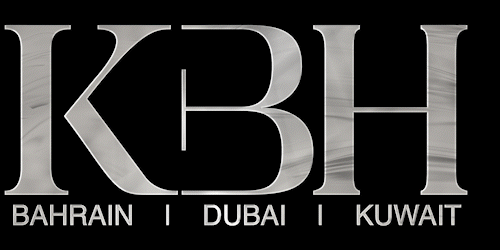
ADR in the DIFC
There is an express duty on the DIFC Court to manage cases in a way which encourages alternative dispute resolution (ADR) of disputes. There is also a duty on legal representatives in the DIFC to consider with clients and the other parties concerned, the possibility of attempting to resolve the dispute or particular issues by ADR.
In this Article we provide a summary of the Rules on ADR and the various methods open to parties to consider.
The Rules
The Rules regarding ADR are set out Part 27 of the Rules of the DIFC Courts (RDC). This codifies that whilst it is the primary role of the DIFC Court to be the forum for deciding civil and commercial cases in the DIFC, the DIFC Court should encourage parties to consider the use of ADR as an alternative means of resolving disputes.
- RDC 27.2 expressly recognises the following benefits of ADR:
saves parties the delay of litigation in reaching finality in their disputes; - enables parties to achieve settlement of their disputes while preserving their existing commercial relationships and market reputation;
- provides parties with a wider range of solutions than those offered by litigation; and
- is likely to make a substantial contribution to the more efficient use of judicial resources.
Under Part 27, the parties can ask for directions from the DIFC Court for ADR and the rules specify that a request may be made at any stage of the proceedings, including before service of the defence or before the case management conference.
Part 27 also provides that should it appear to the Judge that the case before him or any of the issues arising in it are particularly appropriate for an attempt at settlement by means of ADR, then he can make an Order for ADR of his own volition at the Case Management Conference and/or adjourn case for a specified period of time to encourage and enable the parties to use ADR.
Methods of ADR
RDC 27.1 gives the examples of mediation and conciliation but expressly provides that ADR should not be confined to these options:
Mediation
Mediation is when an independent third party is appointed by the parties to facilitate discussions and seek to help the parties reach a settlement. A DIFC Academy accredited mediator may well be the mediator of choice for parties in this jurisdiction.
Overall, the advantage of a mediation is that they have a high success rate due to the input of the independent mediator. However, mediations can be costly, factoring in both the time of the mediator, and each parties’ lawyers’ attendance for the long day.
Without prejudice meeting
Another option is to hold a without prejudice meeting between the parties, either with or without each parties’ lawyers. The main difference to mediation is that there is no independent third party seeking to facilitate discussions, and so it can lead to parties walking out. We would recommend that the parties agree an agenda of issues to discuss in advance to try and prevent this.
The advantage of a without prejudice meeting is that it is more cost effective than a mediation. However, it is more difficult to reach a settlement unless the parties are fully committed to the process.
Sometimes a without prejudice meeting can serve as a pre-courser to a mediation.
Expert determination
Expert determination is not explicitly set out as an option in the DIFC court rules but we would anticipate the DIFC Court being receptive of this means of ADR, particularly for disputes where the legal outcome is determined by a few single points of fact which require a valuation or technical expertise to determine. The advantage of this form of ADR is that is quick and cost effective, however, parties should be aware that the expert determination may be binding.
Arbitration
Arbitration is a private form of ADR which the parties can choose as an alternative to having a court determine the dispute.
The advantages of an arbitration are that it is usually more flexible that the DIFC Court Rules e.g. in respect of production (known as disclosure in England), and the parties benefit from confidentiality. Sometimes arbitration can be quicker and more cost effective than court proceedings, but this is not always the case.
Unlike other forms of ADR, arbitrations are usually binding, and if a party is successful in obtaining an award from an arbitration they can usually have that award ratified in the courts. However, there are important exceptions to this, for example the UAE Federal Courts will not ratify an award if there is a conflict with public order and morals.
KBH has a wealth of experience of acting on high value arbitrations in the DIFC-LCIA (now DIAC) and the LCIA, amongst others.
Conclusion
KBH truly considers ADR to be an important part of the dispute resolution process and we are acutely aware that most proceedings reach a point where ADR is most effective: this is usually after the parties are well acquainted with each others’ position but before the costs of litigation become so high that the defendant may as well roll the dice and take the matter before the judge. We therefore aim to take a strategic and tactical approach to ADR to achieve the best outcome for our clients.


